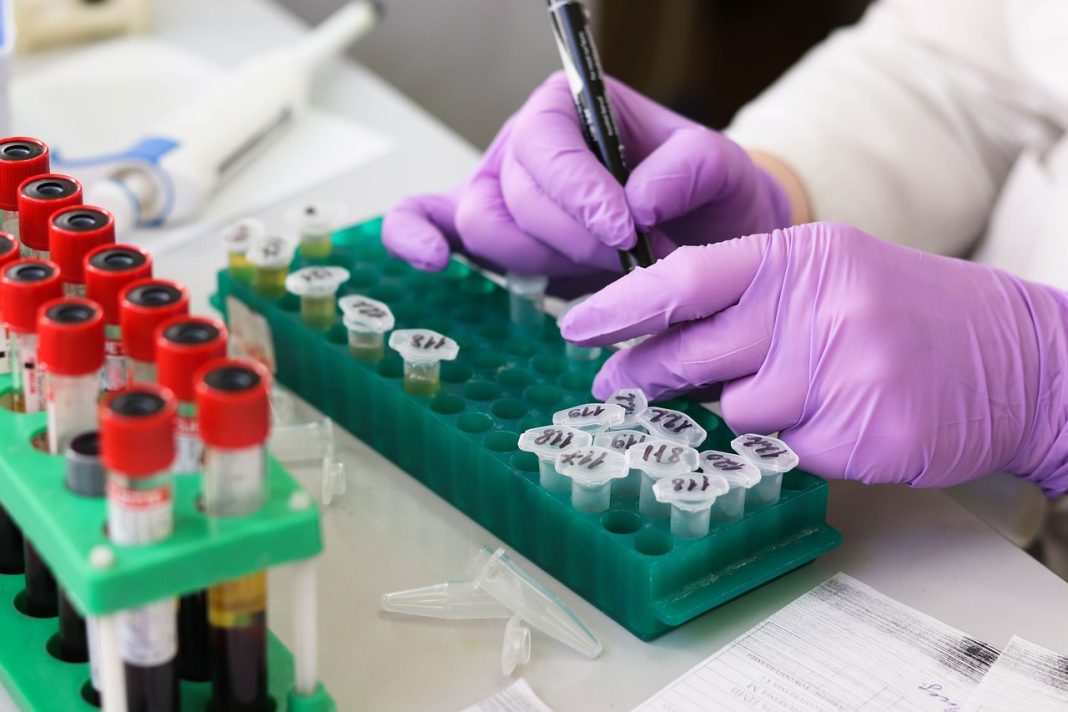
Colorectal cancer is the second leading cause of cancer-related deaths in the United States, with an estimated 52,980 deaths in 2021. However, when detected early, it is highly treatable and often curable. This is why colorectal cancer screenings are a crucial preventative measure for individuals over the age of 50, or those with a family history of the disease. In this article, we will explore the importance of colorectal cancer screenings, the different types of screenings available, and what individuals can expect during the screening process. By understanding the significance of these screenings, we hope to encourage more individuals to prioritize their colorectal health and take the necessary steps to prevent this deadly disease.
1. The Importance of Colorectal Cancer Screenings: An Introduction to Prevention
Colorectal cancer is a type of cancer that begins in the colon or rectum. It is the third most common type of cancer in both men and women in the United States. However, it is also one of the most preventable types of cancer. Colorectal cancer screenings are an important tool in preventing this disease.
Screenings can detect precancerous polyps, which are abnormal growths in the colon or rectum that can turn into cancer over time. Removing these polyps during a screening can prevent them from becoming cancerous. Screenings can also detect cancer in its early stages, when it is most treatable. The American Cancer Society recommends that people at average risk for colorectal cancer begin regular screenings at age 45. However, people with a family history of colorectal cancer or certain other risk factors may need to begin screenings earlier. Talk to your doctor about when you should begin screenings and how often you should have them.
2. Understanding the Risks and Benefits of Crucial Colorectal Cancer Screenings
Colorectal cancer is the third most common cancer diagnosed in both men and women in the United States. It is estimated that about 1 in 23 men and 1 in 25 women will develop colorectal cancer in their lifetime. However, the good news is that colorectal cancer is preventable and treatable if detected early through regular screenings. Here are some of the risks and benefits of crucial colorectal cancer screenings:
- Risks:
- Colonoscopies can cause complications such as bleeding, infection, or perforation of the colon.
- Fecal occult blood tests can produce false-positive or false-negative results.
- Benefits:
- Screenings can detect precancerous polyps before they turn into cancer.
- Early detection through screenings can lead to successful treatment and a higher chance of survival.
- Regular screenings can prevent colorectal cancer altogether by removing precancerous polyps.
It is important to discuss with your doctor which screening method is best for you based on your individual risk factors and medical history. The American Cancer Society recommends that people at average risk of colorectal cancer start getting screened at age 45, while those at higher risk may need to start earlier or be screened more frequently. By , you can make informed decisions about your health and take steps to prevent or detect cancer early.
3. Navigating the Screening Process: What to Expect and How to Prepare
During the screening process, job seekers should be prepared to undergo several stages of assessment. The first step is usually an initial screening interview, which may be conducted over the phone or in person. This interview is designed to assess the candidate’s suitability for the role and to determine whether they meet the basic requirements for the position. Candidates should be prepared to answer questions about their work experience, skills, and qualifications, as well as their availability and salary expectations.
If the candidate passes the initial screening, they may be invited to participate in further assessments, such as skills tests or psychometric evaluations. These tests are designed to assess the candidate’s abilities and personality traits, and may include cognitive ability tests, personality assessments, and situational judgment tests. Candidates should prepare for these assessments by reviewing the job description and researching the company’s values and culture. It is also important to practice good time management and stress management skills, as these tests can be challenging and time-consuming.
- Be prepared to answer questions about your work experience, skills, and qualifications
- Research the company’s values and culture
- Practice good time management and stress management skills
- Review the job description
Candidates should also be prepared to provide references and undergo a background check. This may include a criminal record check, a credit check, or a verification of their education and employment history. Candidates should ensure that their references are up-to-date and that they have the necessary documentation to support their application. It is also important to be honest and transparent throughout the screening process, as any discrepancies or inaccuracies may result in the candidate being disqualified from the position.
Key takeaways:
- The screening process may involve several stages of assessment
- Candidates should be prepared to answer questions about their work experience, skills, and qualifications
- Candidates should research the company’s values and culture and practice good time management and stress management skills
- Candidates should be prepared to provide references and undergo a background check
- Candidates should be honest and transparent throughout the screening process
In conclusion, colorectal cancer screenings are a crucial preventative measure for individuals of all ages. Early detection and treatment can significantly increase the chances of survival and reduce the risk of complications. It is important to discuss screening options with your healthcare provider and follow the recommended guidelines for your age and risk factors. By taking proactive steps towards colorectal cancer prevention, we can improve our overall health and well-being.








